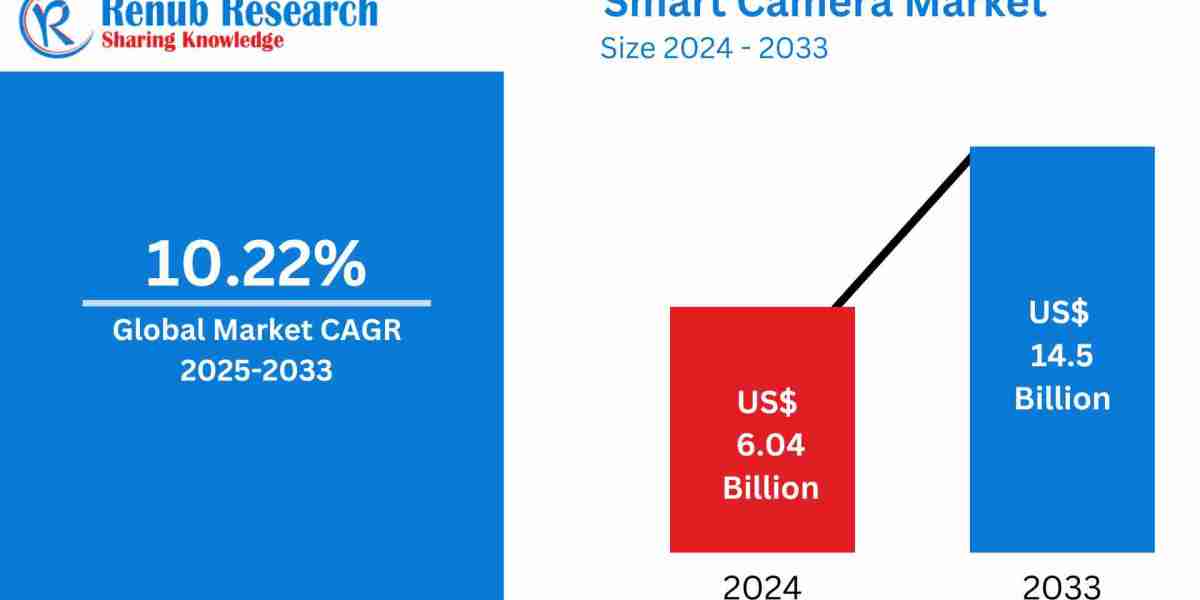In the ever-evolving landscape of digital marketing, Facebook advertising continues to reign as one of the most powerful and cost-effective tools for businesses looking to scale. With over 3 billion monthly active users and robust targeting capabilities, Facebook allows businesses to reach the right audience, drive conversions, and maximize ROI like never before.
Whether you're a small business, an e-commerce brand, or a large-scale enterprise, this comprehensive guide will explain why Facebook ads remain essential in 2025 and how to use them strategically to boost growth.
What is Facebook Advertising?
Facebook advertising refers to paid messages that businesses place on Facebook to promote their products or services. These ads appear throughout the platform—in the news feed, Stories, Messenger, Marketplace, Reels, and other placements.
Using Meta Ads Manager (formerly Facebook Ads Manager), advertisers can create targeted campaigns based on specific demographics, interests, behaviors, and even past customer interactions.
Why Businesses Still Rely on Facebook Advertising in 2025
Despite rising competition from other platforms like TikTok and Instagram, Facebook remains a cornerstone of online advertising. Here’s why:
1. Massive Reach
Facebook boasts over 3 billion monthly users, giving advertisers access to the largest audience on any social media platform.
2. Advanced Targeting Capabilities
Meta’s ad platform offers incredibly granular targeting, including:
Location, age, gender, language
Interests and behaviors
Custom and lookalike audiences
Retargeting of website or app users
3. Cost Efficiency
Facebook ads can work for virtually any budget. Whether you're spending $5 or $50,000, the platform’s automated bidding and optimization tools help maximize results.
4. Multi-Objective Campaigns
You can tailor Facebook campaigns to a variety of business goals:
Brand awareness
Lead generation
Website traffic
Video views
App installs
Conversions and sales
How Facebook Advertising Works
Running a successful Facebook advertising campaign involves several key steps:
1. Define Your Objective
Choose what you want to achieve—awareness, engagement, traffic, leads, or sales.
2. Target Your Audience
Use Facebook’s audience targeting options to reach the right users. You can create:
Core Audiences based on demographics and interests
Custom Audiences from customer lists or website visitors
Lookalike Audiences that mirror your best customers
3. Set Budget and Bidding Strategy
You can set daily or lifetime budgets and let Facebook’s algorithm optimize for the best results within your spending limits.
4. Design Your Ad Creative
Develop high-quality visuals, compelling headlines, and clear call-to-actions (CTAs).
5. Choose Placements
Facebook can automatically place ads across Facebook, Instagram, Messenger, and Audience Network, or you can choose manually.
6. Launch and Optimize
Monitor performance in real time and tweak campaigns based on metrics like CTR, CPC, CPA, and ROAS.
Facebook Ads Best Practices in 2025
To stay competitive, follow these proven Facebook advertising strategies:
1. Use High-Quality Visuals
Strong visuals are essential for grabbing attention in crowded news feeds.
2. Write Clear, Concise Copy
Pair your visuals with messaging that speaks directly to your target audience’s pain points and desires.
3. Test Multiple Variants
A/B test creatives, headlines, audiences, and placements to discover what performs best.
4. Optimize for Mobile
Ensure your content is mobile-friendly—fast loading, readable text, and vertical formats when needed.
5. Implement Retargeting
Use Facebook Pixel to retarget people who abandoned carts or visited product pages.
6. Leverage Video
Short-form videos (15-30 seconds) outperform static images in engagement and recall.
Common Mistakes to Avoid
Even experienced advertisers make errors. Avoid these pitfalls:
Targeting too broadly: Narrow your audience for more relevant clicks.
Ignoring creatives: Ad fatigue sets in quickly—refresh creatives regularly.
Setting and forgetting: Monitor campaigns frequently and adjust based on data.
Not using retargeting: You're missing high-converting traffic if you skip this.
Measuring Facebook Ad Success
Here are key performance indicators (KPIs) you should monitor:
Impressions: Total number of times your ad is shown.
Reach: Unique users who saw your ad.
CTR (Click-Through Rate): Indicates ad engagement.
CPC (Cost Per Click): Helps track ad efficiency.
CPA (Cost Per Acquisition): Cost to gain one customer or lead.
ROAS (Return on Ad Spend): Total revenue from ads divided by ad spend.
Conversion Rate: Measures how many clicks turned into desired actions.
Is Facebook Advertising Right for Your Business?
Whether you're a B2B company, local business, or online retailer, Facebook advertising can help you achieve your marketing objectives—if done correctly.
It offers:
Broad reach and deep targeting
Flexible budgeting
High potential ROI
Cross-platform advertising with Instagram and Messenger
However, results depend on campaign setup, creative quality, and consistent optimization.








